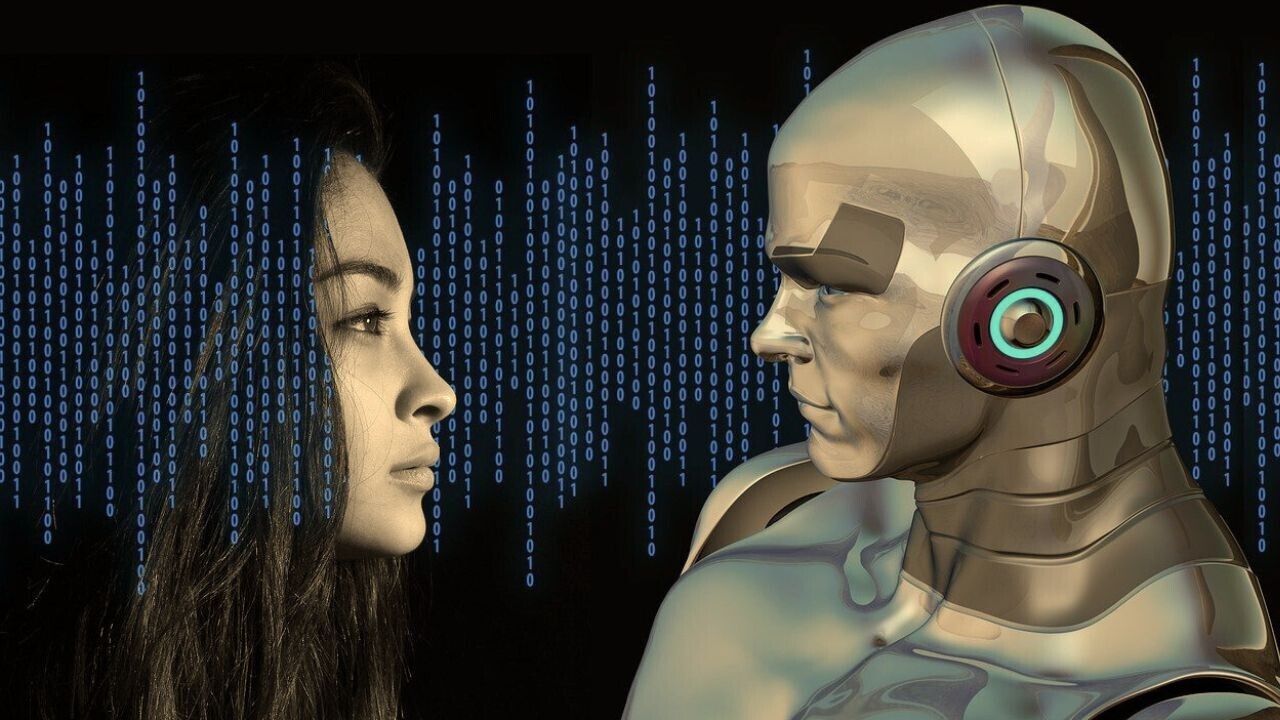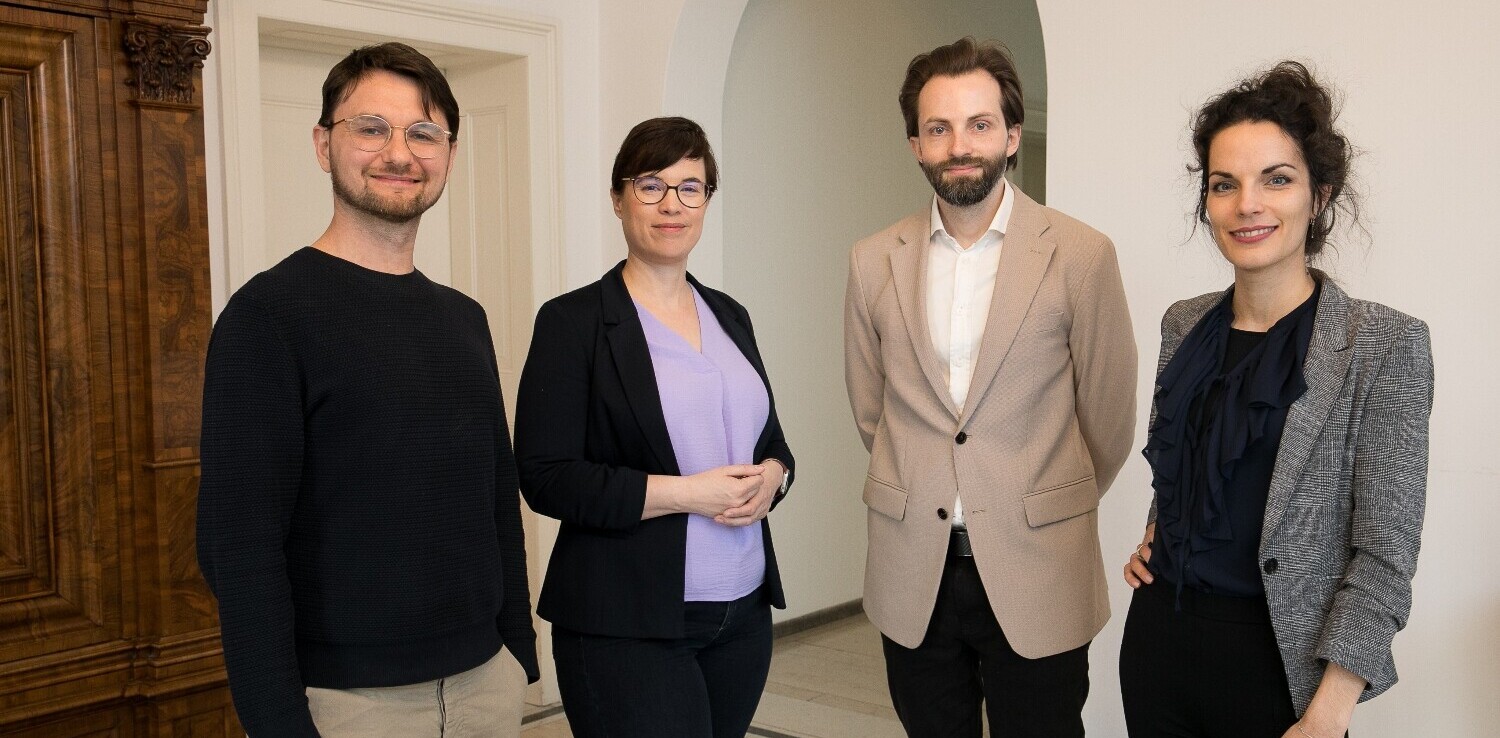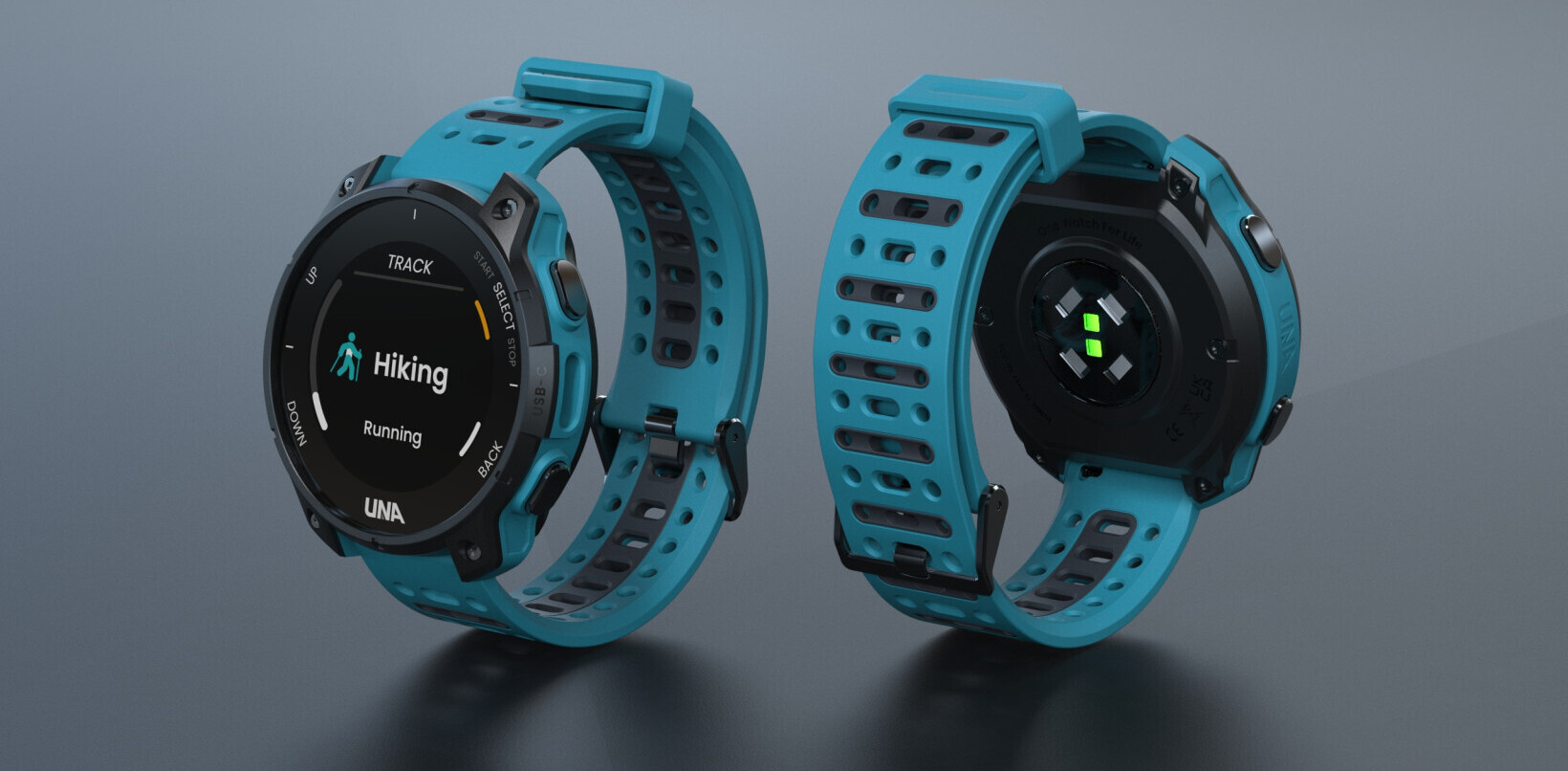
The recent AI boom has forced governments across the globe to consider frameworks with which to address the technology’s unprecedented challenges and opportunities. Against this background, UNESCO has teamed up with the Dutch Authority for Digital Infrastructure (NCCA) to launch an AI supervision project.
The project — also backed by the European Commission — aims to equip the EU’s national agencies with the necessary tools and knowledge to ensure compliance of AI systems with the requirements of the upcoming AI Act and with UNESCO’s Recommendation on the Ethics of AI.
The UN agency first published its guidelines in 2021 as a global standard for ethical AI governance. They provide policy and regulation guidance against risks such as the spread of bias and discrimination, inequality, and threats to fundamental human rights and freedoms.
The recommendations were adopted by all 193 UN member states, although they’re not legally binding.
“This is not a technological discussion. It’s a societal one.
Now, under the new project, UNESCO will collect information and create a report on how countries are currently supervising AI in Europe and beyond. It will also develop a series of case studies on AI supervision, provide recommendations on best practices, and offer training and assistance to European authorities. In addition, the agency will use its work to help all of its member states establish benchmarks and frameworks for “safer and more ethical AI deployment.”
For its part, the NCCA will facilitate UNESCO’s communication with the EU countries alongside the collaboration among the bloc. Furthermore, it will provide feedback to the agency and support the organisation of meetings and workshops.
“This is not a technological discussion. It is a societal one,” said Gabriela Ramos, Assistant-Director General for Social and Human Sciences at UNESCO.
“We are talking about the kind of world we want to live in. To shape the technological development of AI, we need effective governance frameworks underpinned by the ethical and moral values we all hold dear.”
And, indeed, a societal and ethical approach is vital to shaping AI’s transformative power for the better and not for the worse. After all, with great power comes great responsibility.
Get the TNW newsletter
Get the most important tech news in your inbox each week.





